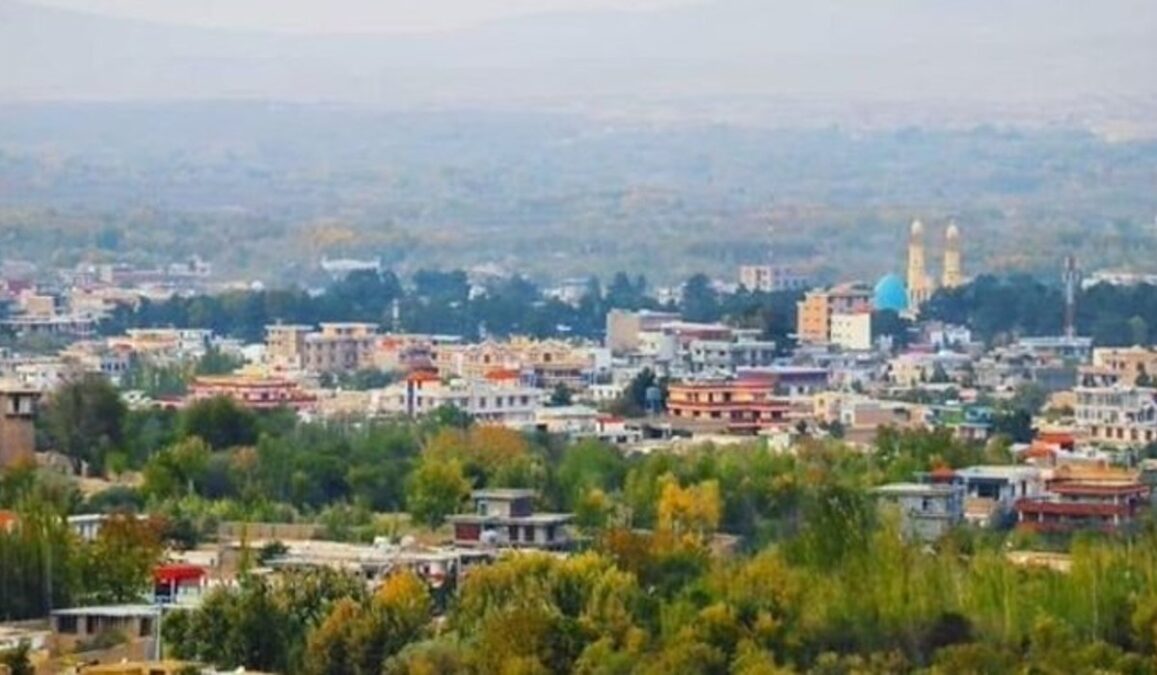Amnesty International has called on the United Nations Human Rights Council to urgently establish an independent investigative mechanism in Afghanistan to probe human rights violations carried out by Taliban members.
In a statement released on Friday, Amnesty International stated the investigative mechanism must “establish the facts and circumstances relating to allegations of crimes under international law, to identify potential perpetrators, and to collect, consolidate, preserve, and analyze evidence for future international justice.”
The statement noted that the mechanism would complement the crucial mission of the UN Special Rapporteur on the Situation of Human Rights in Afghanistan, and the monitoring role of the United Nations Assistance Mission in Afghanistan (UNAMA).
Amnesty International said that the Taliban “consistently and blatantly” demonstrated that they are unwilling to conduct impartial, independent, and effective investigations into human rights violations carried out by their members.
“It is now time for the international community to follow up repeated public statements with concrete action,” the organization said.
The organization accused the Taliban of “systematically” violating the rights of women and girls since the collapse of the former republic government and the take over of the group in August 2021.
Amnesty International also noted that it has conducted three investigations on mass killings of Hazaras by Taliban forces, and in all three cases, the group’s authorities have failed to investigate and bring suspected perpetrators to justice.
The statement added that the establishment of this mechanism is urgent due to the ongoing nature of human rights violations and abuses.
“In November 2022, the Taliban resumed their deplorable practice of public floggings, and in December they restarted public executions. As the armed conflict between the Taliban and the National Resistance Front (NRF) continues in Panjshir, so too do reports of arbitrary arrests, detentions, unlawful killings, and other violations,” the statement read.
Amnesty International stated that the establishment of the investigative mechanism will also allow UN member states to be fully informed of the situation in Afghanistan “as they make important decisions on how to respond to the crisis, how to help protect the rights and lives of the people of Afghanistan, and how to prevent further crimes.”
The organization noted that the current accountability gap helps fuel grave violations and abuses across the country, and “it must be closed.”
According to the statement, the Taliban have shown that the group neither has the will nor the ability to investigate human rights violations carried out by its fighters against Afghan women, girls, and religious and ethnic minorities.
“The current situation builds on longstanding impunity in Afghanistan for crimes under international law and other human rights violations and abuses committed by all parties during decades of conflict, as Amnesty International, UNAMA, and others have documented,” the statement added.
According to Amnesty International, the Taliban not only did not uphold the promises the group made after they took control of Afghanistan for safeguarding women and girls’ rights but also systematically erased women from public life in the past 18 months.
“As Amnesty International extensively documented in a July 2022 report, the Taliban have violated women’s and girls’ rights to education, work, and freedom of movement; dismantled structures such as the Ministry of Women’s Affairs and the Afghanistan Independent Human Rights Commission; demolished the systems of protection and support for women and girls fleeing domestic violence; and contributed to a surge in the rates of child, early, and forced marriage in Afghanistan. Women who have peacefully protested the Taliban’s restrictions and bans have been harassed, threatened, arbitrarily arrested, forcibly disappeared, detained, and tortured,” the statement said.
This comes as the Taliban have imposed strict restrictions on Afghan women and girls. Teenage girls are not allowed to attend schools beyond grade six and tuition centers across Afghanistan. The Taliban banned women from traveling without a male guardian, weeks after they took control of Kabul and banned women from playing sports and visiting gyms and parks.
In late December 2022, the group banned women from university education as well as barred them from working for non-government organizations.
“The Taliban are violating the fundamental rights of women and girls and subjecting them to systematic gender-based discrimination. Taken together, Taliban policies form a system of repression that discriminates against women and girls in almost every aspect of their lives,” Amnesty International said.





